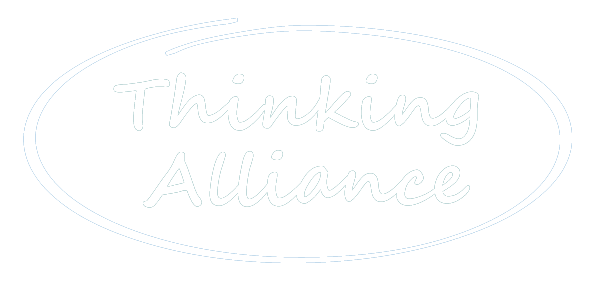31 Jul An A-Z of change: F is for Fear
Fear. It’s never far from our minds. And that’s not surprising as it’s part of the mechanism we’re hard-wired with to alert us to possible dangers.
Fear is particularly triggered by situations that are new or different. And if you’re making changes to your career, your leadership style or anything else, you will encounter plenty of new and different situations. And thus plenty of potential fears. The trick is not to allow these to overwhelm you and prevent you from changing. Read on for some simple suggestions, and something more thought-provoking at the end.
First, the quick fixes. Fear is nearly always something we feel in advance of an event, certainly in most work environments. Once you’re actually delivering your presentation, you’re usually caught up in the moment. The fear is what woke you at 4am, or what you felt each time you checked your calendar in the week beforehand. So, when you feel this fear:
- Acknowledge it. It’s a signal that you’re engaged with what’s coming up and that you care about the outcome. Simply recognising that it’s entirely normal can help to lessen the fear.
- Use it to your advantage. Think about what exactly scares you and guide your nervous energy towards that. So, difficult questions at an interview? – do plenty of preparation. Practice makes perfect partly by reducing the fear. And knowing that you’ve done your legwork helps you keep your fear in check.
- Focus your mind. We have a limited span of attention at each moment so if your mind is fully occupied on a task, there isn’t space for it to consider the fear as well. Distraction helps to a certain extent. Practising mindfulness can help keep your thoughts in the present rather than straying off into possibilities and fears.
- Put it into perspective. In a year’s time, even a week’s time, will you still be worrying about your interview? Or, think about how many people across the world have been for an interview and got through OK? Sometimes finding a way to step back from the situation can help you step back from the fear as well.
Hopefully one or more of those will see you through.
But here’s a thought – what if you could take the fear away completely? Cognitive therapy suggests that it’s possible. If we can control the way we think, and if thinking mediates emotion, we can also control the way we feel.
Take this Kantian koan – a parable for exploration. (With thanks to Bruce Peltier’s expert summary in The Psychology of Executive Coaching.)
- I see a tiger.
- I think I’m in danger.
- I feel afraid.
- I run.
Exploring this, statement 3 (and thus 4) follows from statement 2 rather than statement 1. Thus, the way you feel does not arise directly from your surroundings. Your feelings are a function of what you are thinking about those surroundings. What’s more, you have a choice about how you think, and what you choose to think determines what you feel and what you do next.
Why not give it a go? After “I see an interview panel…”, how about “I think I’m ready for this role”. Or even “I see three people across a table from me…”.
Let me know how you get on.

